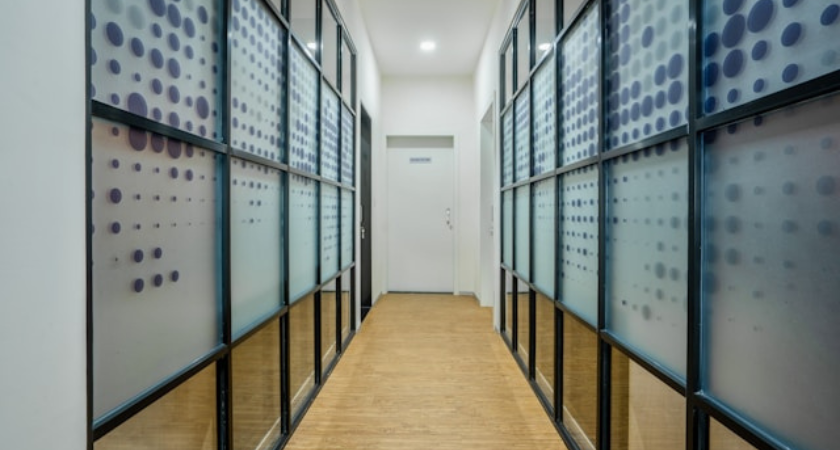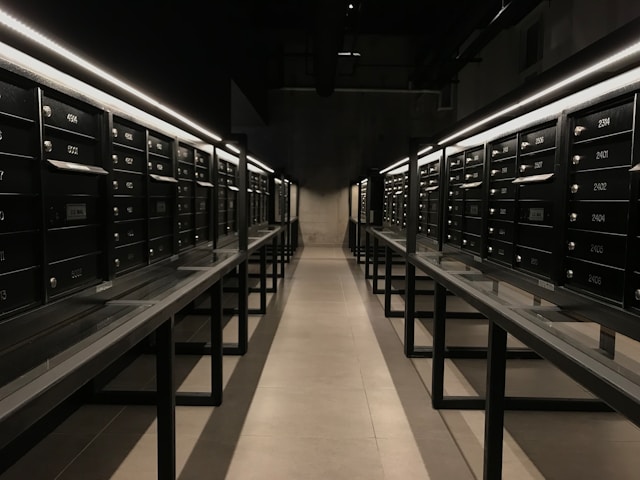
After a year marked by slower commercial activity, the U.S. construction market is repositioning its priorities. A new Deloitte analysis shows that the industry is rapidly gravitating toward data center projects, largely driven by artificial intelligence and the growing need for advanced computing infrastructure.

While climate-focused developments and traditional commercial construction once dominated strategic roadmaps, builders are now preparing for massive demand in digital infrastructure. As highlighted in the report, “large engineering and construction (E&C) firms are ‘reassessing their project portfolios to align with these new priorities, investing in capabilities to compete for mega-projects such as data centers and advanced energy facilities.’”
Deloitte notes that by July 2025, total construction spending fell by nearly 3% compared to the previous year. However, U.S. builders are expected to recover in 2026, with a “modest growth” forecast of 1.8%, attributed largely to AI-driven data center investments. The shift is also pushing construction companies to forge deeper partnerships around next-generation power and cooling technologies, particularly as they collaborate with hyperscalers and large data center developers.
According to the firm, “While overall commercial construction activity has slowed for much of 2025, data centers and energy infrastructure have surged.” The report points to the rapid expansion of artificial intelligence, the accelerating appetite for cloud services, and a sharp increase in energy consumption as the primary drivers. “This boom is fueled by the rapid adoption of AI, increased demand for cloud services, and the exponential rise in energy needs for data centers.”

A separate study released earlier this year underscores the magnitude of the transformation. Data center power demand is projected to skyrocket from 33GW in 2024 to 176GW by 2035, with AI facilities taking the largest share. Demand from AI-focused data centers alone is expected to grow 30-fold, jumping from 4GW in 2024 to 123GW in 2035.
However, the report warns that this explosive growth is colliding with infrastructure challenges. Grid capacity is strained, specialized construction talent remains in short supply, and materials are becoming more expensive. In particular, tariffs set in 2025 pose significant barriers. The industry continues to struggle with high costs as the government raised steel and aluminum tariffs to 50%, sending the effective rate for construction goods soaring to 25–30%, the highest level in four decades.
Despite these pressures, many firms are adapting by increasing domestic manufacturing and turning toward advanced technologies to deliver large-scale digital projects more efficiently. Traditional commercial building sectors remain sluggish, but confidence in data center and energy infrastructure is bringing renewed momentum.
Looking ahead, Deloitte anticipates an industry that will be fundamentally reshaped by digital integration and AI-based innovation. “Looking ahead to 2026, the outlook for commercial construction activity is cautiously optimistic, with data center and energy infrastructure expansion providing continued momentum,” the firm said. In addition, the report argues that digital tools will accelerate long-term transformation: “Although the E&C industry has historically been conservative in adopting new digital technologies, AI is expected to drive a profound transformation over the next few years. This shift will redefine how work is delivered, moving from a labor-intensive, fragmented industry to a digitally enabled and augmented ecosystem.”
Originally reported by Barney Dixon in Data Center Dynamics.